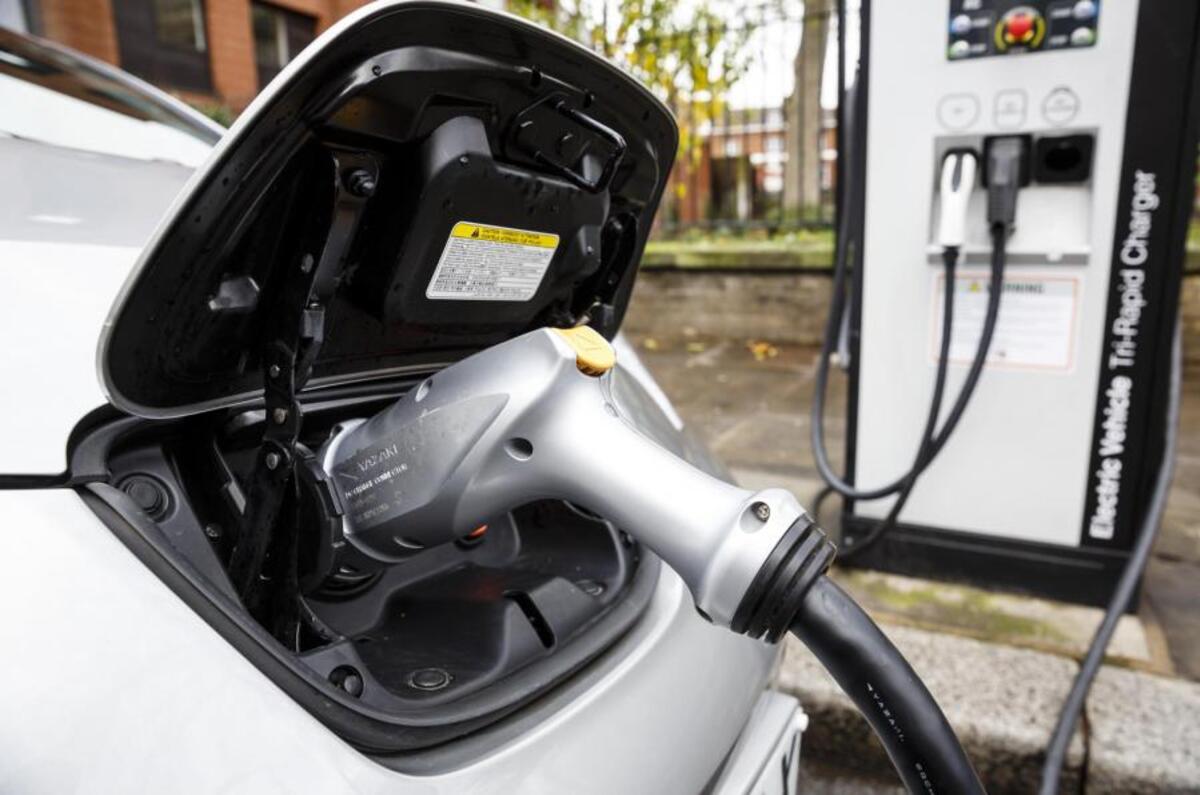Norway wants to phase out sales of new petrol and diesel cars by 2025 using a ‘polluter pays’ tax system, designed to incentivise the purchase of low and zero emission vehicles.
In a report published onto the country’s sustainable transport site Elbil, the Norwegian government said targets to grow sales of low and zero emission vehicles to represent 100% of the new car market were feasible "with the right policy measures".
Strong UK car market growth spurred on by alternatively fuelled vehicles
It said the introduction of a strengthened green tax system would encourage people to opt for clean transport over fossil fuel-powered vehicles, but that its policies would never amount to a ban on petrol and diesel.
Leased EV models are already tax exempt in Norway and electric cars are allowed to use the country's bus lanes, as well as toll roads and ferries free of charge. Conversely, fossil fuel cars will be subject to charges to use these depending on their CO2 and NOX outputs.
First all-EV car dealership to open in Milton Keynes
Norway has set ambitious targets to meet the European Clean Power for Transport directive, which recommends that there should be one public available charging point for every 10 electric cars by 2020.
Electric car sales represented 22% of Norway’s market in 2015, and it expects that number to grow to 30% within the next three years. That would bring the number of electric cars running in Norway to 250,000, meaning the country will have to have 25,000 public charging points.
£10 T-charge for high polluting vehicles to start in autumn
Will London's pollution problem spell the end of diesel cars?




Join the debate
Add your comment
Electric is not the future
[quote=benanderson89]Whilst I
Norway's electricity?
Norway.......!!!!!!